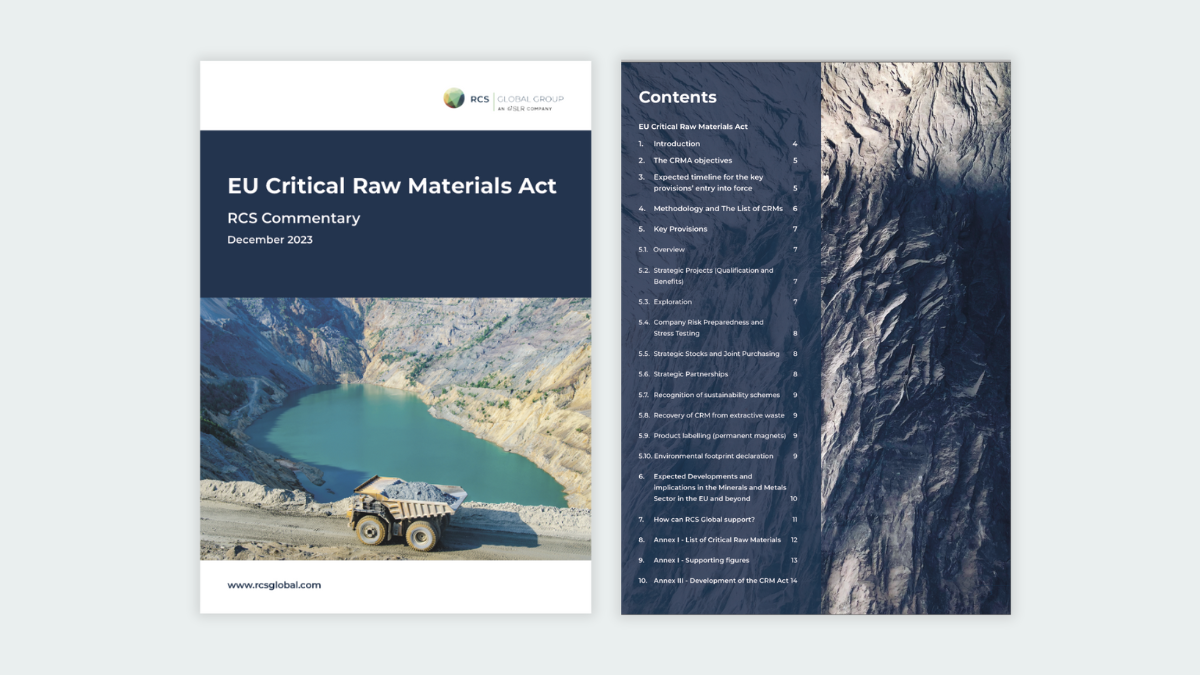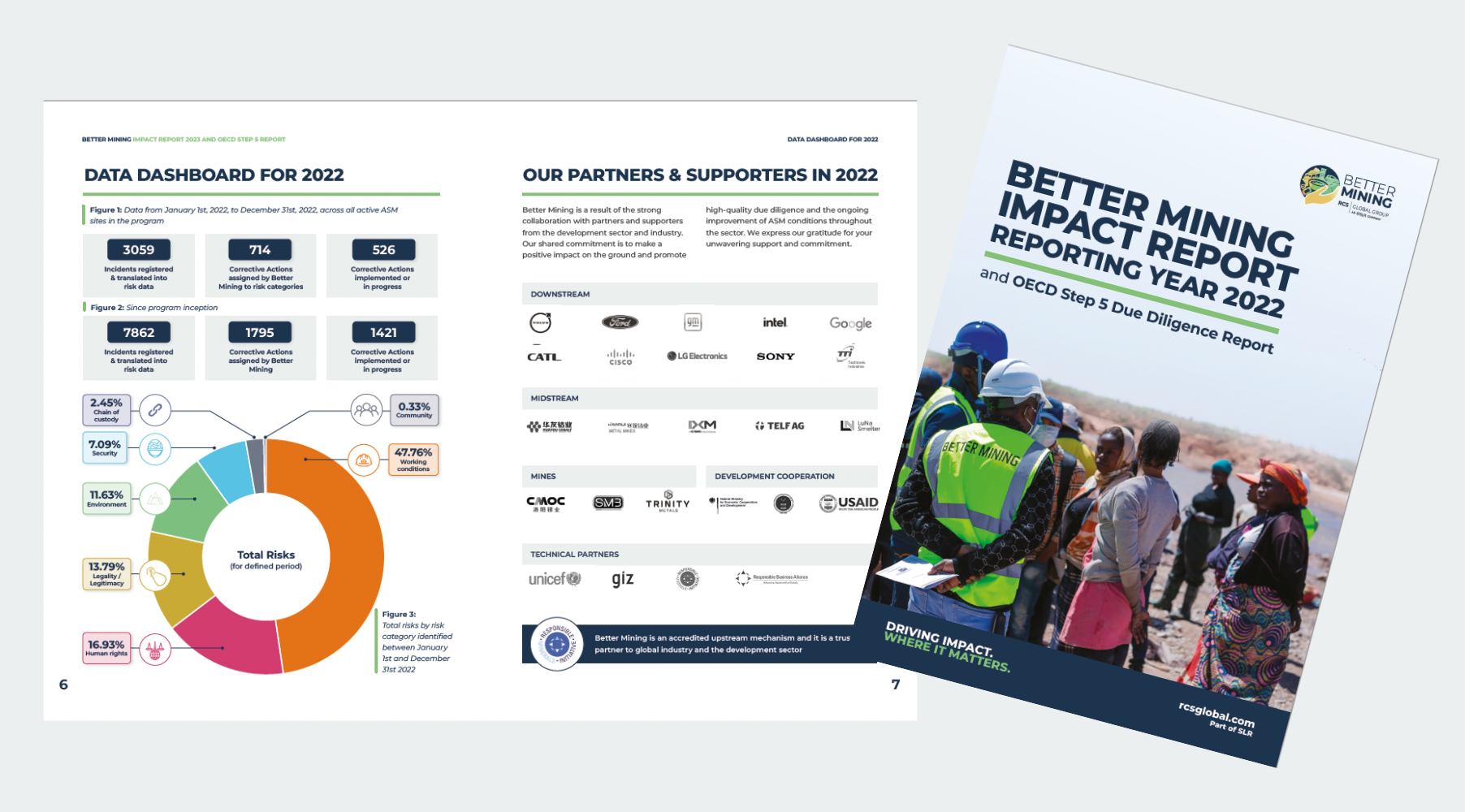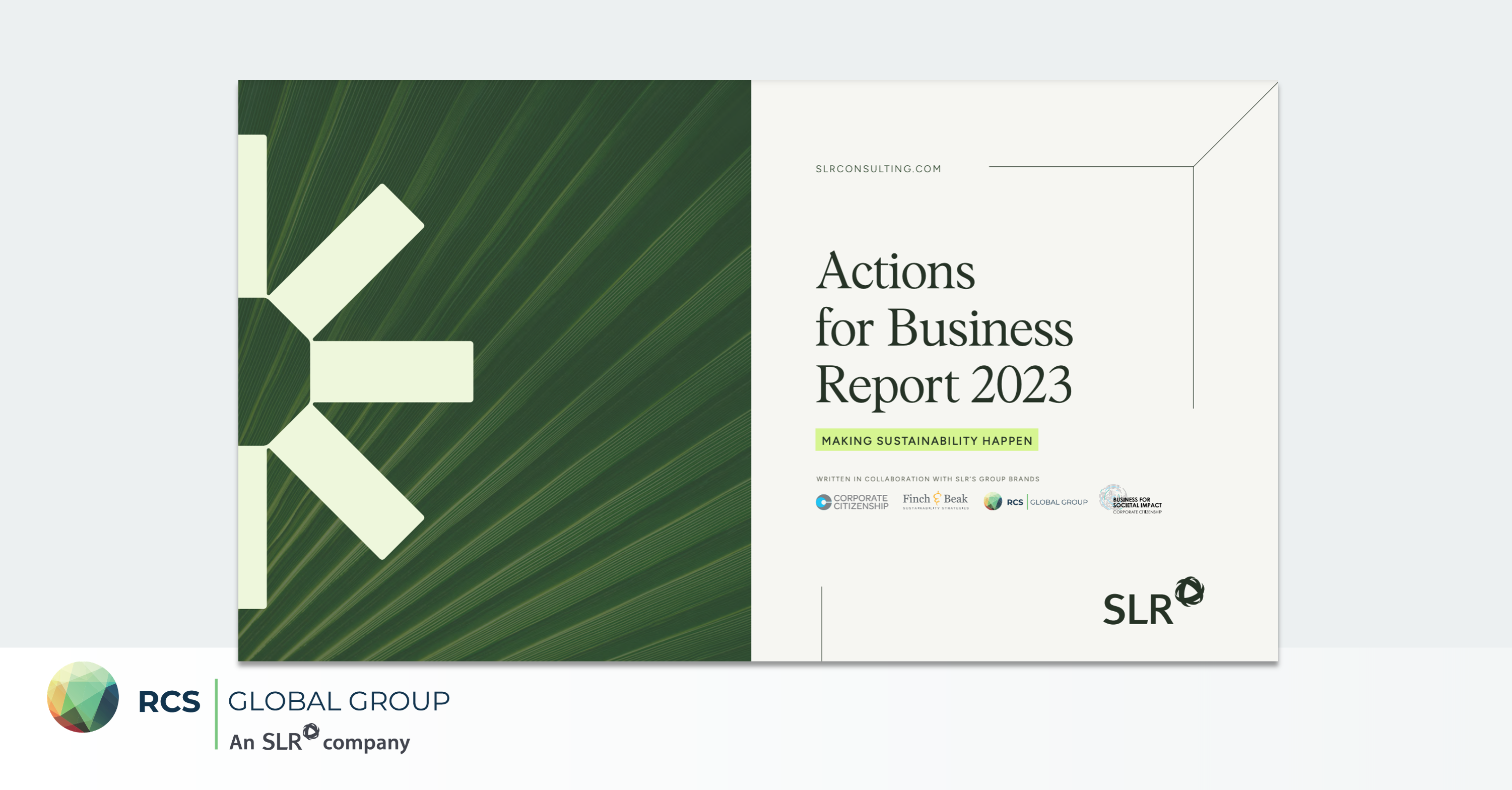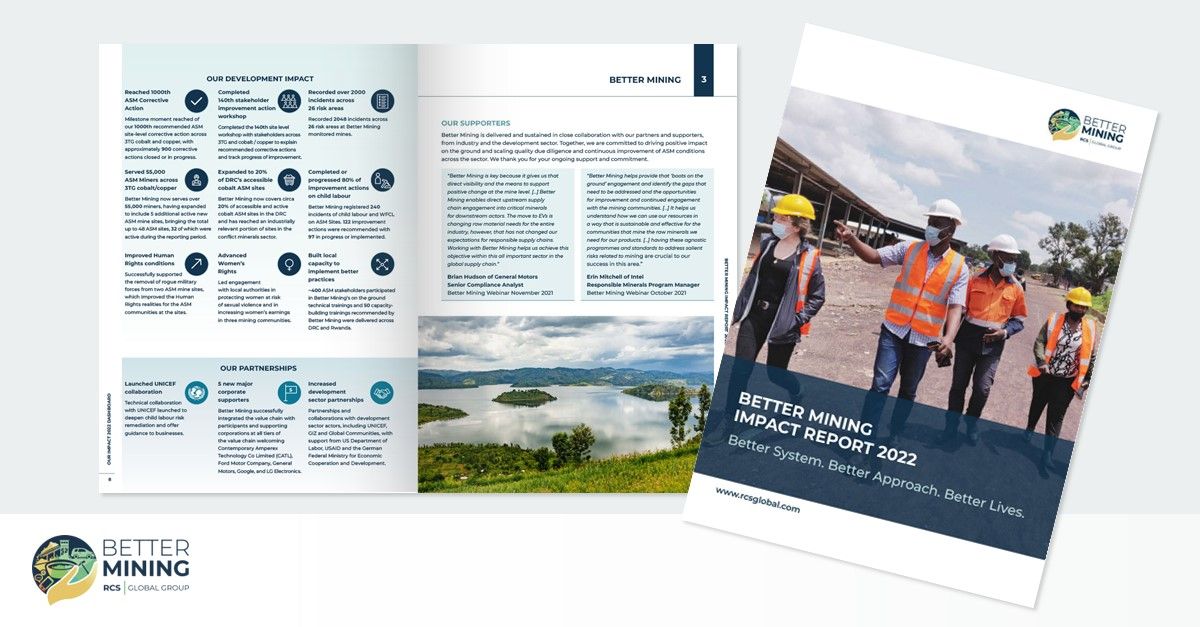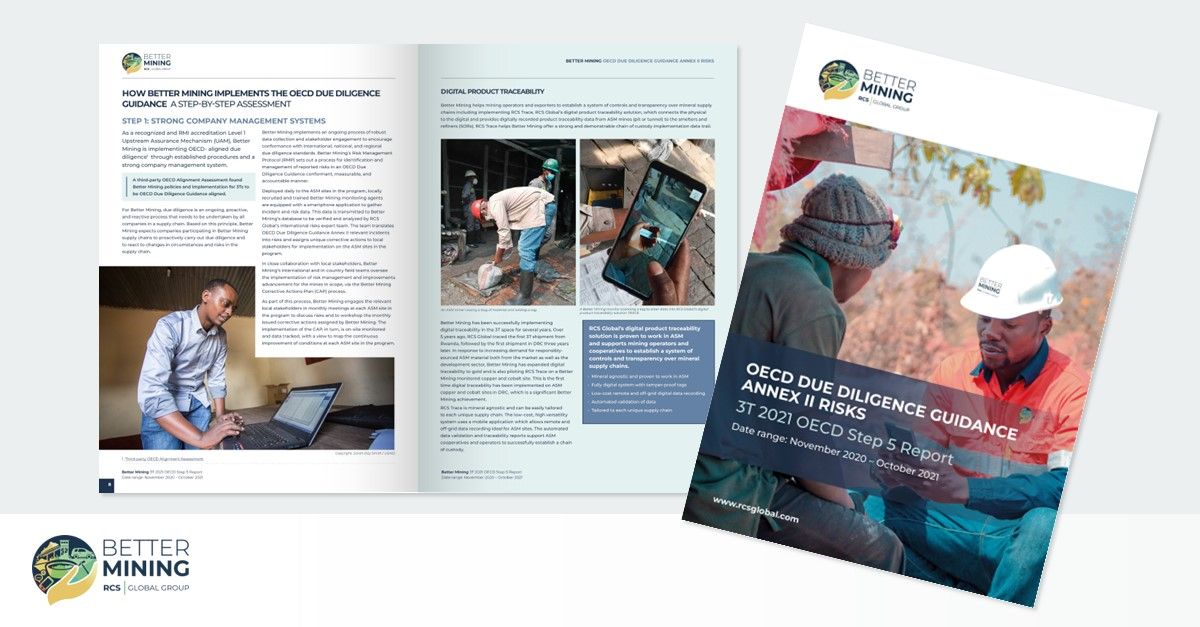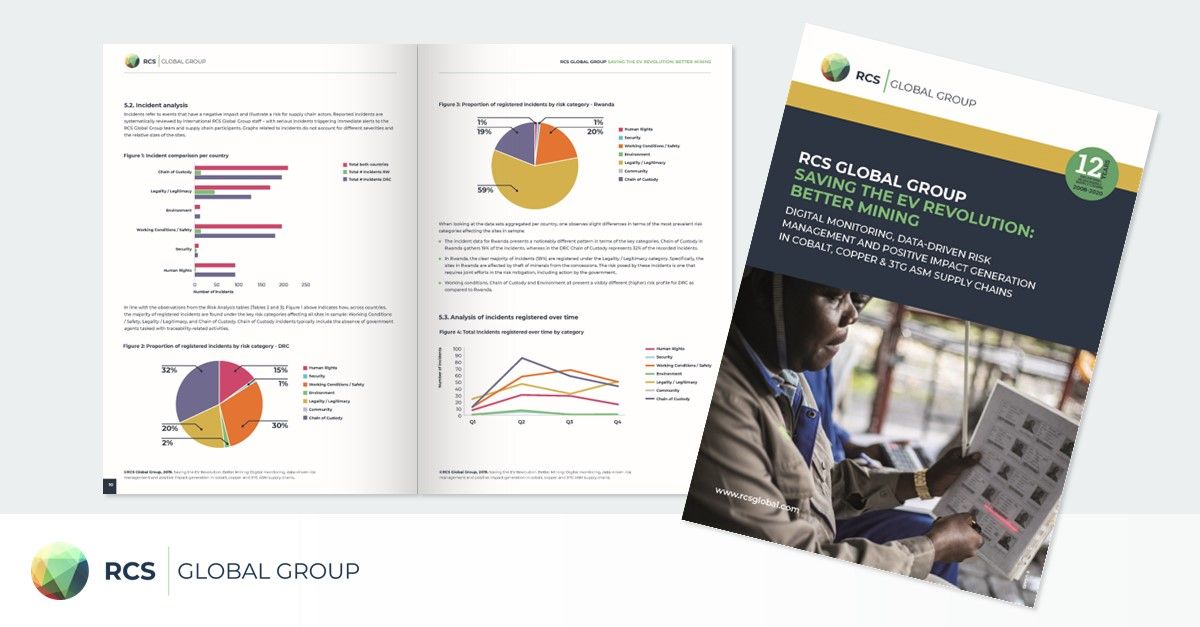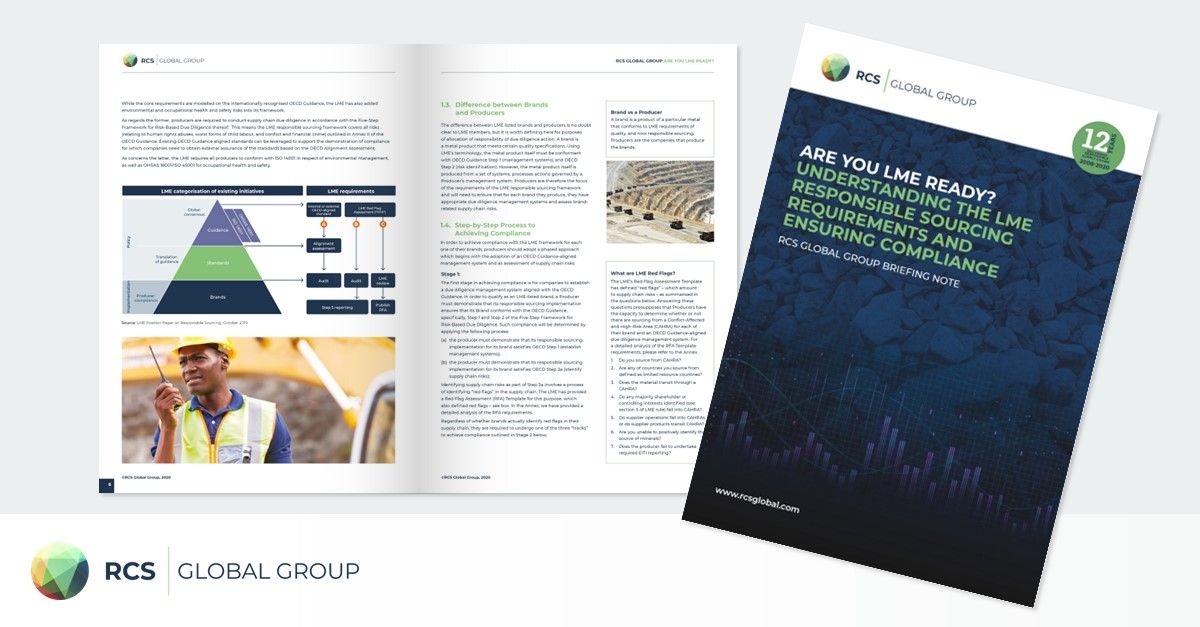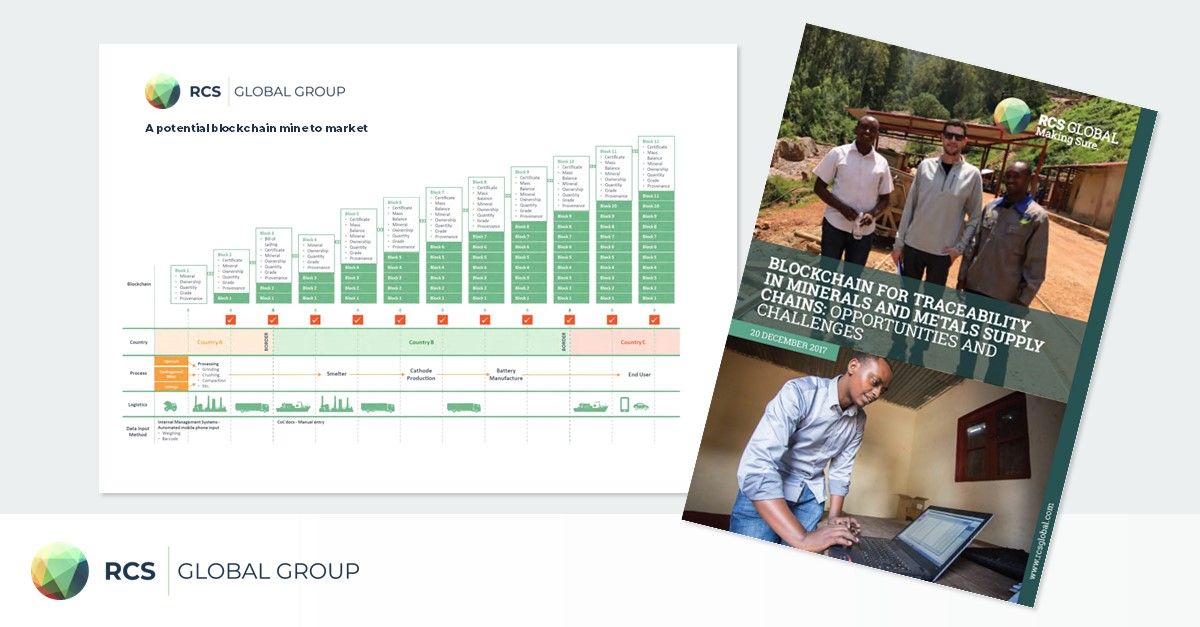Commentary
The EU Corporate Sustainability Due Diligence Directive: What does compliance look like based on the latest European Parliament text?
Around 17,000 EU and non-EU companies will be required to conduct ongoing due diligence on human rights and environmental risks in their operations and supply chain as early as 2025. This reflects a shift over the past decade from voluntary standards adoption to regulation in market expectations for supply chain due diligence.
The EU Corporate Sustainability Due Diligence Directive (“the Directive”) is expected to be adopted before the end of the year and represents a milestone in setting a global standard for mandatory due diligence. It will impact actors in raw material value chains by laying down requirements for identifying, assessing, mitigating and remediating actual and potential social and environmental adverse impacts, effectively broadening the scope of existing mandatory requirements beyond conflict minerals and battery materials.
The draft Directive is being discussed at a time when stakeholders from a wide range of sectors are lobbying for mandatory due diligence and aims to advance respect for human rights and environmental protection in the EU and beyond, not just in raw material supply chains but horizontally across industry sectors.
The Directive is still being discussed by the EU institutions though it’s expected to be adopted at first reading. The trialogue discussions among the EU institutions kicked off in early June following the European Parliament’s adoption of its amendments to the Commission’s proposal, specifically on 1 June 2023. This vote followed the Council adopting its own position in November 2022. As expected, the European Parliament’s negotiating position represents a progressive view on the Directive focussed on expanding its scope and applicability. Following the plenary vote, Special Rapporteur, Lara Wolters said “The European Parliament’s support is a turning point in the thinking about the role of corporations in society. A corporate responsibility law must ensure that the future lies with companies that treat people and the environment in a healthy way – not with companies that have made a revenue model out of environmental damage and exploitation. Most companies take their duty towards people and the environment seriously. We help these companies with this ‘fair business law’. And at the same time we cut off those few large cowboy companies that flout the rules”.
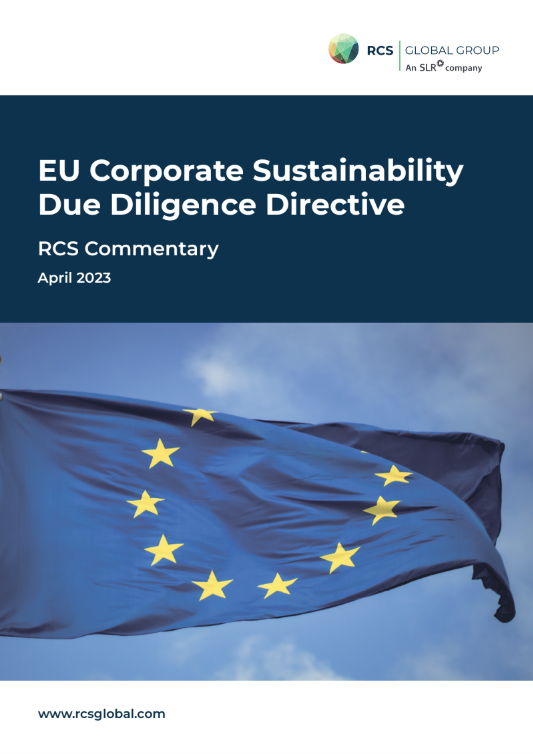
Want to learn more about the EU Corporate Sustainability Due Diligence Directive?
Get in touch and get full access to a comprehensive analysis and commentary written by our experts.
